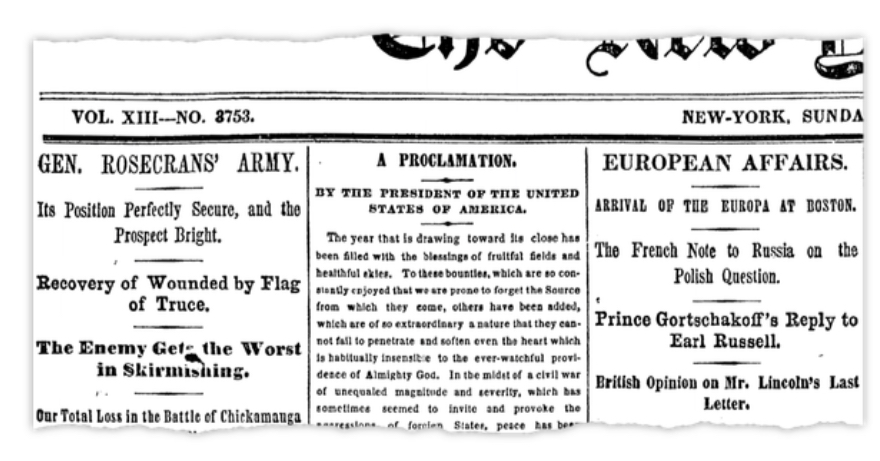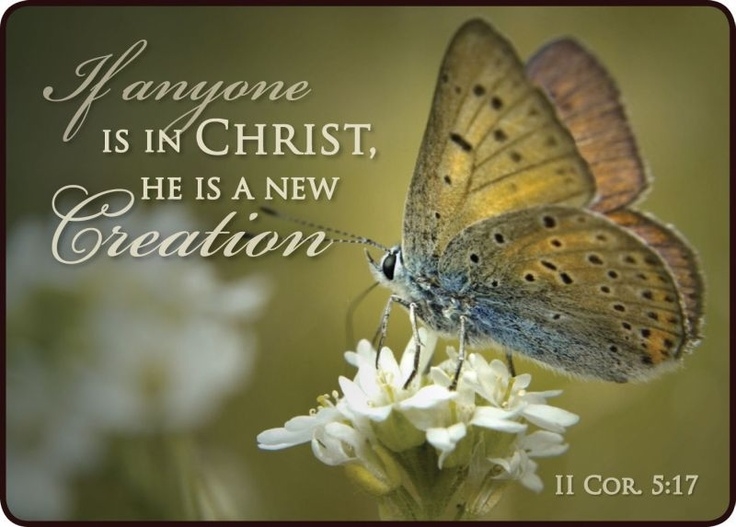
We are in the season we pause with our family and friends to celebrate the blessings of the past year. We have come through difficult times, and as Christians, we know it is because of the grace of God. Our belief in Jesus Christ and what His Word says has transformed our life. And when we mess up, He has already paid the price, and we are forgiven. His forgiveness is not an excuse to continue sinning. When we slip, He understands. When we practice sin, we must reassess if we really believe in Him and His Word.
Do you have a roof over your head, clothes on your back, and food on your table? Sure, you may have worked to buy those things, but who gave you a body and a brain? Deuteronomy 8:18 tells us it is God “who gives you the ability to produce wealth.” So, let’s not forget from whom all blessings flow.
I was taught that he who controls the diameter of your thinking also controls the circumference of your possibilities. And relative to this season, the narratives of the holidays have not been designed to focus you on the real reason for this present season.
My family worked hard to dispel the Thanksgiving narrative because the origin story of the friendly dinner between Native Americans and Pilgrims that’s often told in school — is inaccurate. Native Americans describe the holiday as a “National Day of Mourning.”
The actual origin of the national holiday dates to Abraham Lincoln. On October 3, 1863, he called for the country, “in the midst of a civil war of unequaled magnitude and severity,” to set aside the last Thursday in November as “a day of Thanksgiving.” The Times published his Thanksgiving proclamation on the front page and several times subsequently.

And the Christmas holiday is also a false narrative of a fat guy in a red suit. The overarching theme of Christmas is the celebration of the birth of Christ and is one of the Christian high holidays. But the celebration of Christmas has become a mixture of pre-Christian, Christian, and secular traditions.
Christmas trees are widely associated with the Christian holiday, but their origins are far from the Christ-worshipping standards they represent today. Christmas trees began as a pagan tradition as early as the fourth century C.E. European pagans were primarily responsible for dressing their homes with the branches of evergreen fir trees to bring color and light into their dull winters. But pagans weren’t the only people to do this. Romans also used the branches for decoration during the festival of Saturnalia, which took place from December 17 to December 23 in honor of the god Saturn.
The legend of Santa Claus can be traced back to a monk named St. Nicholas in Turkey. St. Nicholas gave away all of his inherited wealth and traveled the countryside, helping the poor and sick, becoming known as the protector of children and sailors. Today we focus on 28 days of shopping madness where if you can’t afford to buy gifts or don’t receive the latest, your life is unfulfilled.
In the early years of Christianity, Easter was the main holiday; the birth of Jesus was not celebrated. In the fourth century, church officials decided to institute the birth of Jesus as a holiday. Unfortunately, the Bible does not mention the date of His birth.
Pope Julius I chose December 25. It is commonly believed that the church chose this date to adopt and absorb the traditions of the pagan Saturnalia festival. First called the Feast of the Nativity, the custom spread to Egypt by 432 and England by the end of the sixth century.
Christmas in the twenty-first century is a mixture of various cultures that have shaped how we think of the holiday season today. So, skip the worldwide commercialization phenomenon, skip the fat guy in a red suit, skip fretting over decorating, skip focusing on food, and skip worrying about the right gifts.
Let’s focus on preparing our hearts to celebrate our Savior’s birth by reflecting on the hope, peace, love, and joy that Jesus brought to the world.
Would your connections benefit from this post?










